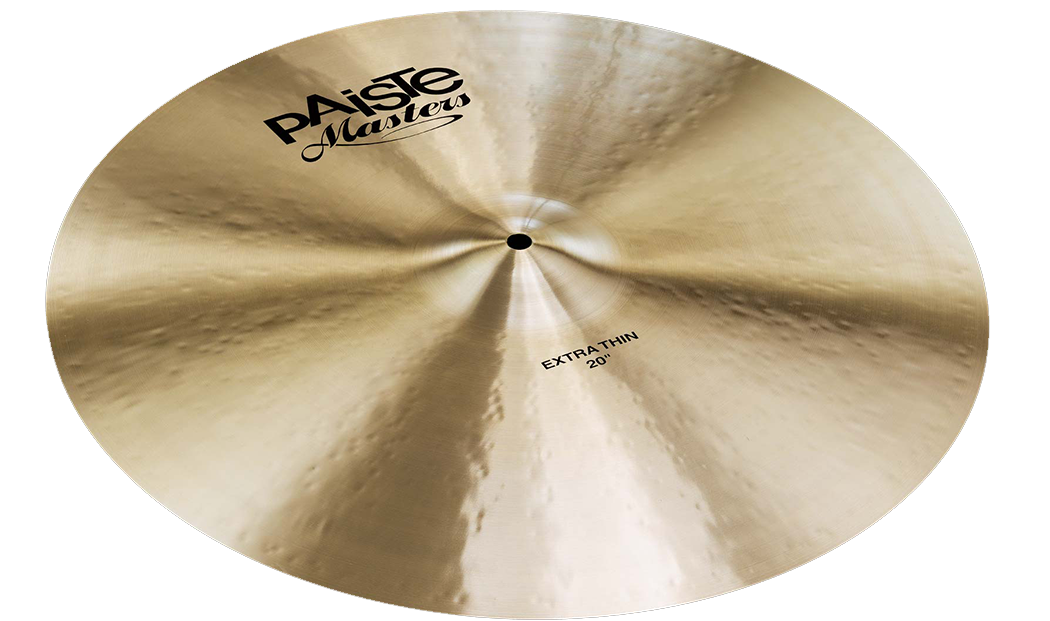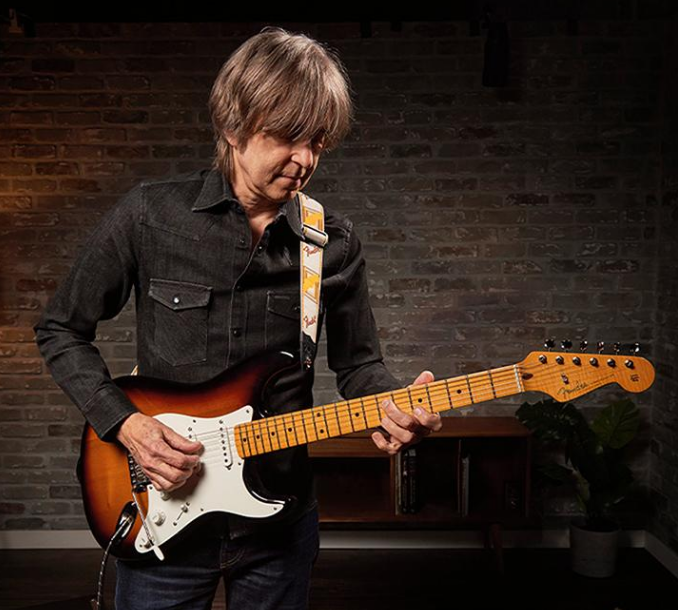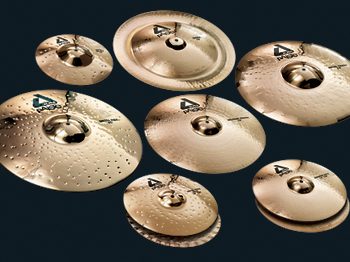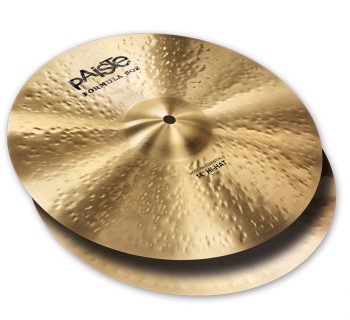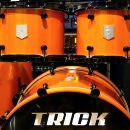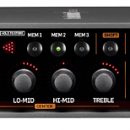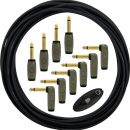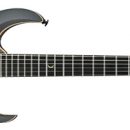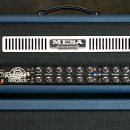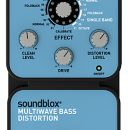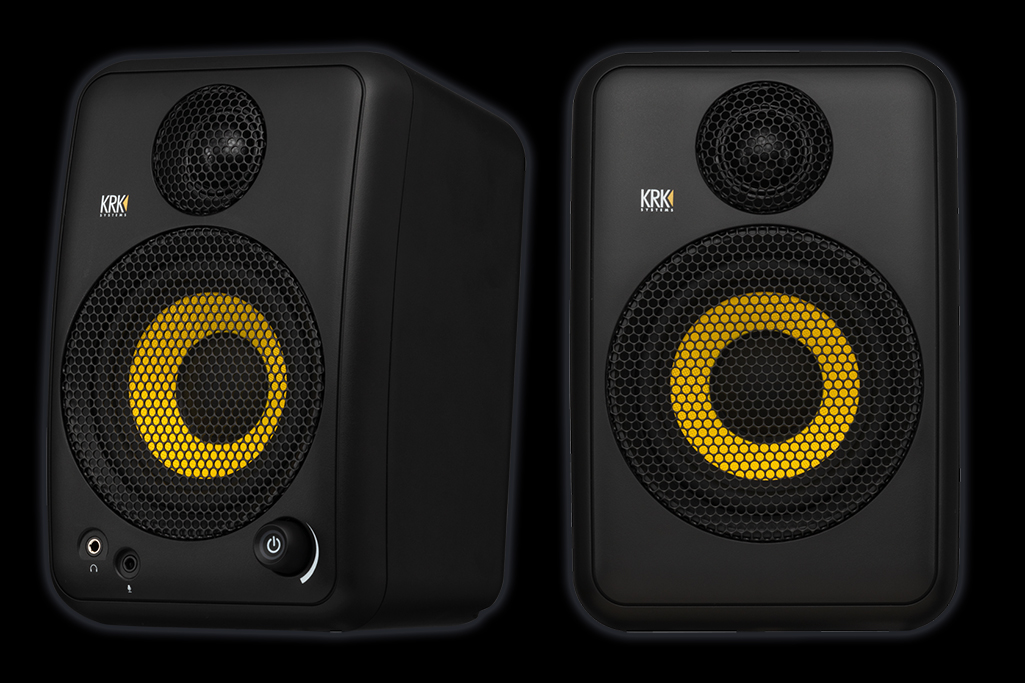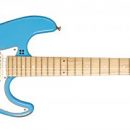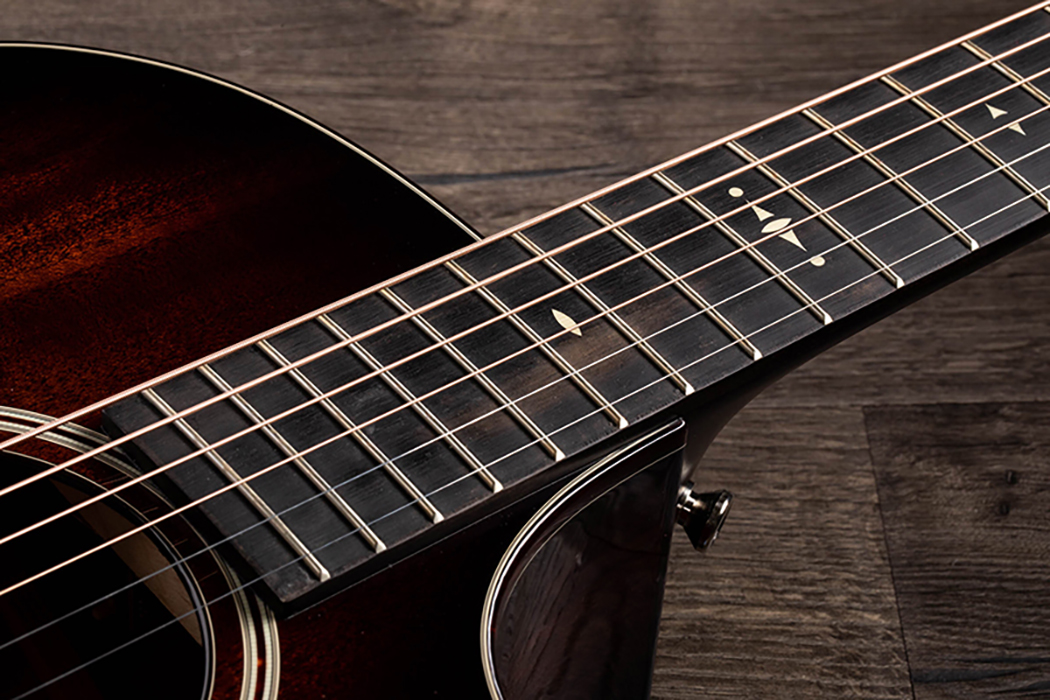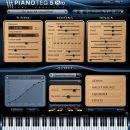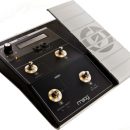
Introduced in 2011, Paiste’s Masters Series strove to take the handcrafting of B20 (CuSn20) bronze to the next level. Derived from the popular and successful Twenty series, these cymbals pointed their sonic crosshairs in a decidedly “Turkish” direction, with warmth and darkness in abundance. That’s no stretch of the imagination, since the blanks used to make them were produced in Turkey. A modest twelve rides led the charge, but it was inevitable that the line would be expanded to include crashes, hi-hats, effects and more.
The concept produced gorgeous-looking cymbals that shared a common sonic thread. A player who found their sound suitable to his or her palette didn’t have to look elsewhere to keep their drums surrounded in Paiste bronze. The Masters Series represents an evolution of that concept; its higher-end, handcrafted offerings produce an even wider range of tones and sound characteristics. They sit firmly in the upper echelon of the market, where the question isn’t, “Is this a really good cymbal?” but rather, “Is this really good cymbal right for me?”
When Paiste unveiled new Masters Extra Thin crash cymbals in 18, 19 and 20 inch sizes last year, we jumped at the chance to check them out. We found their sound so intriguing that we felt an extended test drive was in order.
Twelve months later, they’ve found a permanent place in our cymbal quiver.
Features
As with the rest of this line, these crashes were created using Turkish-supplied CuSn20 blanks, also known as “B20” (referred to as “Traditional Bronze” by Paiste). They’re hand-manufactured, which is to say that hammering and lathing is accomplished at the hand of a Swiss artisan in Paiste’s Nottwil, Switzerland factory. They have a bright, attractive finish, with an ornate “Masters” script logo added before the familiar “Paiste” insignia. As you’d expect, they’re light in weight and taper to a very thin edge, with lots of flex across the entire playing surface.
Usability
Playing these cymbals is a pleasure. Swells come easily and predictably, due to the extra thin construction. These are unusually responsive cymbals, making them ideally suited for lower volume playing environments, where even the lightest touch results in a gentle, warm sonic reply. The quick decay and lack of glassy tones allowed them to perform double duty in a subdued contemporary praise band setting, as both crash and ride. It was very easy to get a convincing crash out of all three sizes, using rods, light sticks, and brushes in quiet settings without concern over playing too loud; you have to work these cymbals to get them to bark.
Paiste describes the playing feel as “buttery” and we have to agree. The thin metal readily yields to sticks, mallets, even brushes, which makes for a rewarding tactile experience. They feel very nice when played by hand, making them an interesting choice for hand percussionists.
Sound
As we expected, the sound of our test cymbals matched Paiste’s description and their website’s excellent library of sample sounds. A feature that distinguishes Paiste as a cymbal manufacturer is the consistency of sonic characteristics from one cymbal to the next, for a given model. Paiste’s painstaking effort to match its production pieces to reference cymbals results in high-end, handmade cymbals that can be purchased sight unseen (heard). This means that a weekend or hobbyist drummer need not enter Paiste’s “vault” to choose a great-sounding cymbal.
Pushed to the limit, the sound takes on a dark, compressed, almost trashy “bark,” with a noticeably quick decay that does not occupy a wide frequency range. When played at any other volume, they’re complex and warm, with a bright, unobtrusive, high end and gentle but clearly-stated low end and midrange. They offer up plenty of stick articulation, making them very ride-able, as long as you don’t mind a little wash. They’re suitable for a wide range of styles, from jazz and folk to indie and yacht rock.
Speaking of limits, the only limitation of these fine cymbals lies in their inability to project in a high-volume environment. If a strong, focused attack, long decay and high volume are on your crash cymbal checklist, these might not be for you, and hard rock/metal players will probably want to look elsewhere. The Masters Extra Thin crashes lend themselves to finesse and texture. Think rubber mallet rather than sledgehammer. If you’re looking for ultra-premium crashes that offer up tons of sonic complexity in a thin, lightweight package, look no further.
Price (MSRP)
18” Masters Extra Thin: $620.00 MSRP, $384 street.
19” Masters Extra Thin: $668.00 MSRP, $414 street.
20” Masters Extra Thin: $710.00 MSRP, $440 street.
These are typical prices for premium crash cymbals.
Contact Information
Paiste America, Inc.
www.paiste.com

